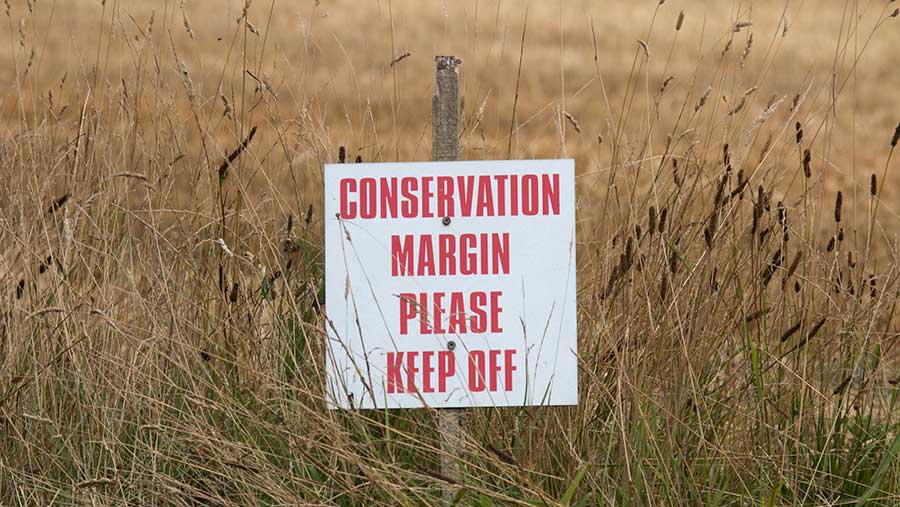Private money needed for post-Brexit rural policies
 © Tim Scrivener
© Tim Scrivener Public-private funding initiatives will form an important part of post-Brexit policy, if the government is to meet the twin objectives of creating a sustainable future for farming while improving the natural environment.
Addressing a seminar in London, rural enterprise director for the National Trust (NT), Patrick Begg, said the time was ripe for some new thinking.
“We absolutely want a profitable, thriving farming industry, but it needs to move beyond the fundamental dependence on direct subsidies that currently prevails,” Mr Begg told the Westminster Energy, Environment and Transport Forum.
“Government cannot be expected to pay for everything. We need an engaged private sector helping us fund the kind of healthy natural environment that makes sense for business too.”
“We need an engaged private sector helping us fund the kind of healthy natural environment that makes sense for business too.”
See also: British farmers face ‘rearguard action’ to keep subsidies
To achieve this, it was necessary to establish a “natural capital accounting system”.
“We know there is potential for new, functioning markets based on private investment in environmental restoration,” said Mr Begg.
Examples included power network operators investing in upstream land management to reduce the impact of flooding, and food businesses investing in soil restoration on the farms in their supply chains.
“There are already some small-scale examples, such as Wessex Water’s EnTrade – a market in reducing farmers’ nitrogen inputs to improve water quality.”
Flood alleviation and water quality
The NT and Green Alliance were also exploring markets for flood alleviation and water quality improvement through payments to land managers and farmers.
NFU chief environment adviser Diane Mitchell told the seminar farmers were keen to build on their environmental role, but insisted that “food production is also a valuable ecosystem service”.
“A farmer’s aim is to produce good quantities of good quality food and at a profit. And profitable farm businesses are more likely to invest in the environment,” said Dr Mitchell.
“If government policy on trade, access to labour and regulation allow farming to flourish, we can develop a new and bold domestic agricultural policy and more can be invested in the environment.”
